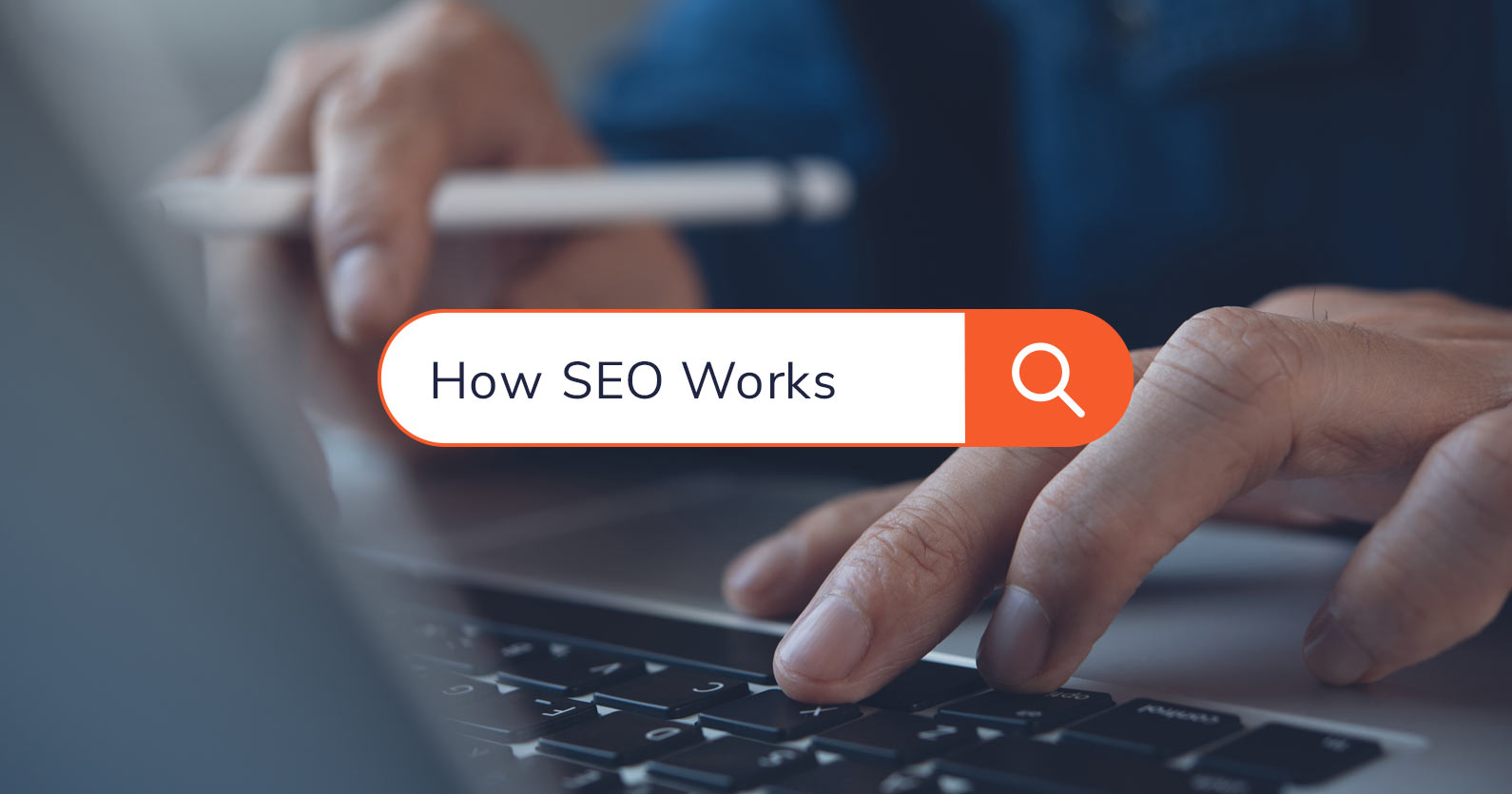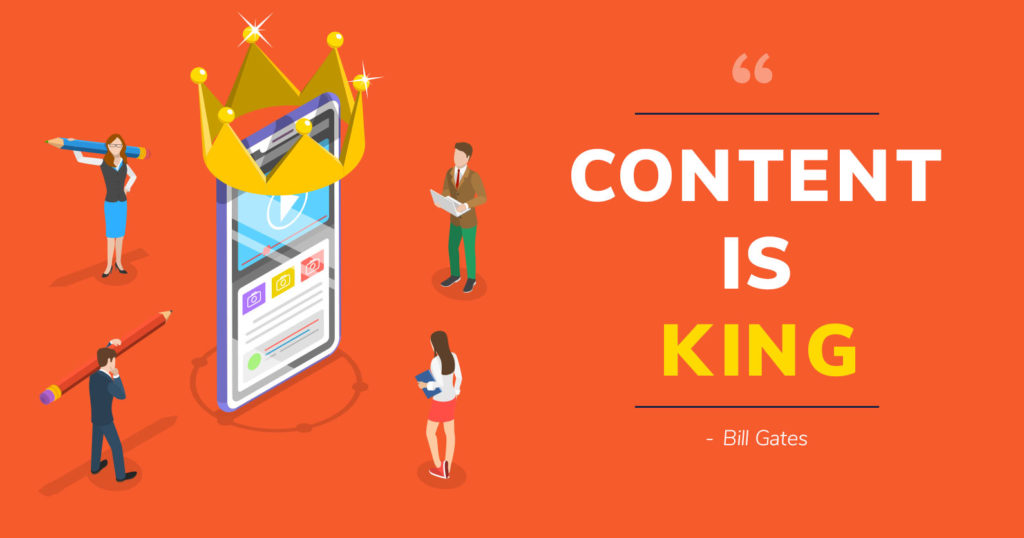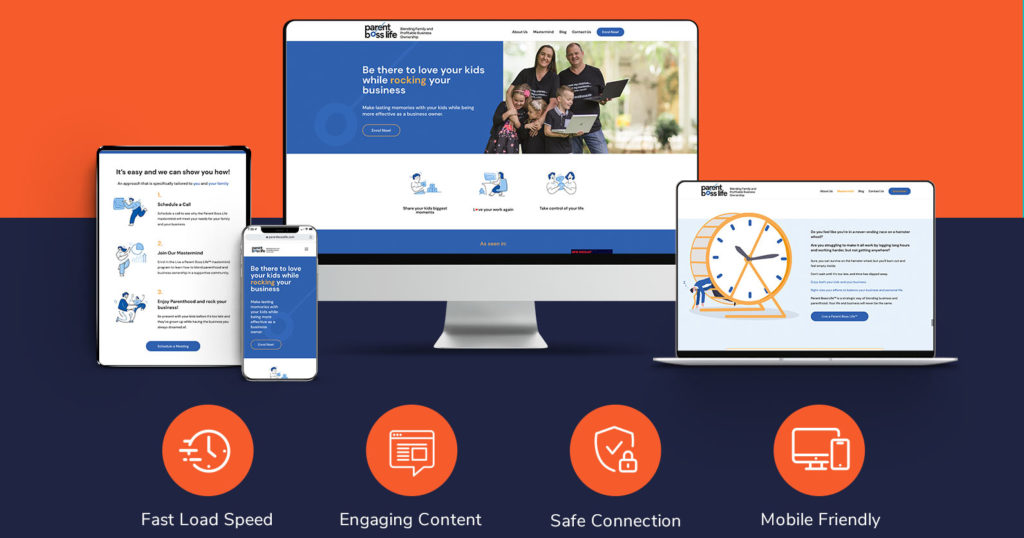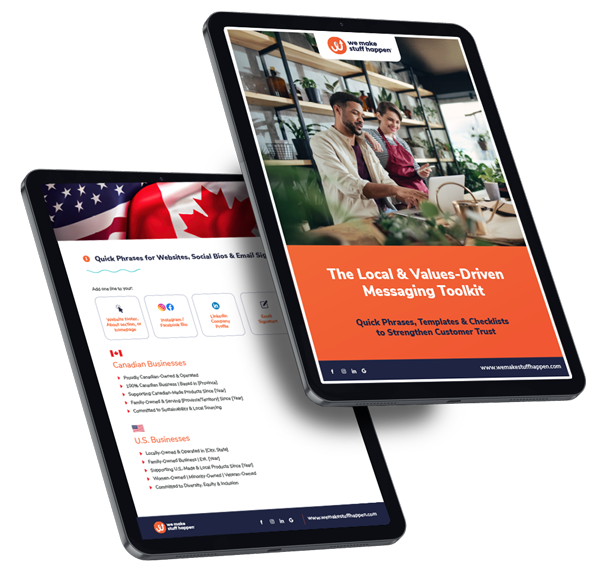How SEO Works and Why It’s Important

Introduction
So you have your website up and running, and you offer a great product or service that you know people would buy if they would just visit your website. You may be asking yourself “how do I get people to visit my website?” You’ve probably heard the term “SEO”. You can learn to fully leverage SEO to drive traffic to your website! But what is SEO, and why is it important?
Over 5 billion people use the internet globally. That is the same as 63.1 percent of the entire world’s population. Every one of those people has used a search engine to find something. We use search engines to find out the score from the latest soccer game, research products, look up old friends, and to learn new things. Search engines are powerful tools for digital marketing. You can use search engines to help you bring new customers to your website.
Think about the last time you searched the internet because you were interested in buying a product. If you used Google to search, you are in good company! About 91% of mobile users and 84% of desktop users use Google to find what they need on the internet. While other search engines work the same, Google sets the industry standard in SEO. Let’s explore: what is SEO, and why is it important?

What is SEO?
SEO is an abbreviation of the term Search Engine Optimization. It is the process used to optimize your website’s content, technical arrangement, and link popularity. When done correctly, it makes your website easier for your ideal customer to find. The easier it is to find and the more popular it becomes, the higher search engines will rank your site.
SEO and paid advertising are sometimes used interchangeably, but they are not the same things. SEO is “organic”, meaning that you don’t pay to be ranked in a particular place in line with similar websites.
Paid advertising is pretty much what it sounds like: you pay Google to seek out people looking for specific keywords related to your business through ads. You might be surprised to learn that paid ranking is not as effective as organic SEO in the long term. In fact, paid ranking can boost your search engine ranking right away, but it can be harmful in the long run if you haven’t considered the terms you are ranking highly for. Using the wrong terms can actually harm your ranking over time.
How does SEO work?
SEO is the process of making your website more “searchable”. There are three main components to SEO: on-page SEO, off-page SEO, and technical SEO.

On-page SEO is the content you create and include on your website. This includes your web pages and other written content, such as blog posts. Keywords, tags, and backlinks are all optimized on-page.

Off-page is anything that doesn’t include updating or publishing content on your site. It includes social media, content marketing, reviews, and any other content marketing you may perform, such as podcasts or YouTube videos. Many other actions that take place outside of your website will also fall under this category.

Technical SEO is the activities on your website that directly affect the indexing and crawling of your site by search engines. I know – it sounds a little creepy, but it’s actually kind of cool. Crawling and indexing are two distinct actions. Crawling just means that a “Googlebot” looks at your content and code and analyzes it. Indexing means the page is eligible to appear in Google’s search results. Pages are indexed after they are crawled, so even though they are separate actions, one is necessary for the other. Now we know a little more about SEO, why is it important?

Why is SEO important?
Understanding what SEO is and why it is important can help you unravel the path to your ideal client. Simply put, SEO helps people find information on the internet. The better your SEO is, the higher you’ll rank on Google and other search engines. This will directly lead to more traffic to your website. It is crucial to your business for these exact reasons.
SEO is also helpful for positioning yourself as an expert in your field. Experts study technical jargon related to their field. But customers use everyday language. Publishing content in the language style of your ideal client is a great way to improve your SEO and develop trust with your potential customer. Of course, it’s tempting to use technical terms, but the only people who will understand them are other experts. Using everyday words your customers will search for is a great way to optimize your search engine ranking.
Will SEO help my business?
Search Engine Optimization can lead to long-term growth for your business. According to Forbes magazine, companies who have optimized their website to land on the first page of search results get about 90% of the traffic on that page.
Remembering the last search you made, did you scroll to the second page of the results? The third? Probably not – those websites lack legitimacy, at least in the minds of many consumers! SEO lends you credibility.
SEO also helps you appear in local searches. People use local searches more frequently to find businesses and services in their area. Adding the words “near me” to a search leads to more local traffic, and nearly 80% of local searches on mobile devices lead to actual sales. Local searches should be considered when deciding what SEO is and why it is important.

Creating content to maximize SEO
As Bill Gates said in his famous 1996 essay, “Content is King”. He pointed out that the future of the internet and how we would market content just like we marketed TV and newspapers in the past. SEO is the key to delivering great content to your potential clients – optimizing your website means that your business will be the great content that search engines provide!
When creating content, you’ll need to know your ideal customer. Who are they? What do they need? Why would they visit your site? If you can answer these questions, you’ll know exactly who you are selling to, and you can use that information to cater to that client.
Consistency is key. Keep your content fresh by creating new content. But know that the “freshness” factor that Google looks for can also be achieved by updating current posts. Take a look at what you have already published and see how you can update it to keep it current!
How to choose the best keywords for your content
When choosing keywords for SEO, you’ll want to select keywords based on your website’s authority. Assigning keywords that have no relevance to your area of expertise is tempting – sure, it might drive traffic to your website, but you are looking for quality visitors, not quantity. So be sure to find a variety of keywords that relate to your area of authority.
You can also see how competitors are ranking for your chosen keywords. Seeing where they rank can help you determine less-used keywords that could give your SEO some leverage! Keep in mind that the “best” keywords are relevant, demonstrate your authority in your area of expertise, and are reasonable for your ability to create high-quality content.

How the quality of your website affects your SEO (Site Architecture)
One often overlooked factor in SEO is the quality of your website. Pages that load quickly, fresh and engaging content, a safe connection, and a mobile-friendly design are all vital to a great user experience.
Having a great website will boost your SEO in a meaningful way. Optimizing your website for digital marketing is a wise investment in your business. With a bit of work and the right SEO in place, you can use your website to attract and engage buyers and generate sales. And isn’t that really the best use of your website?
 BOOK A COFFEE
BOOK A COFFEE 








